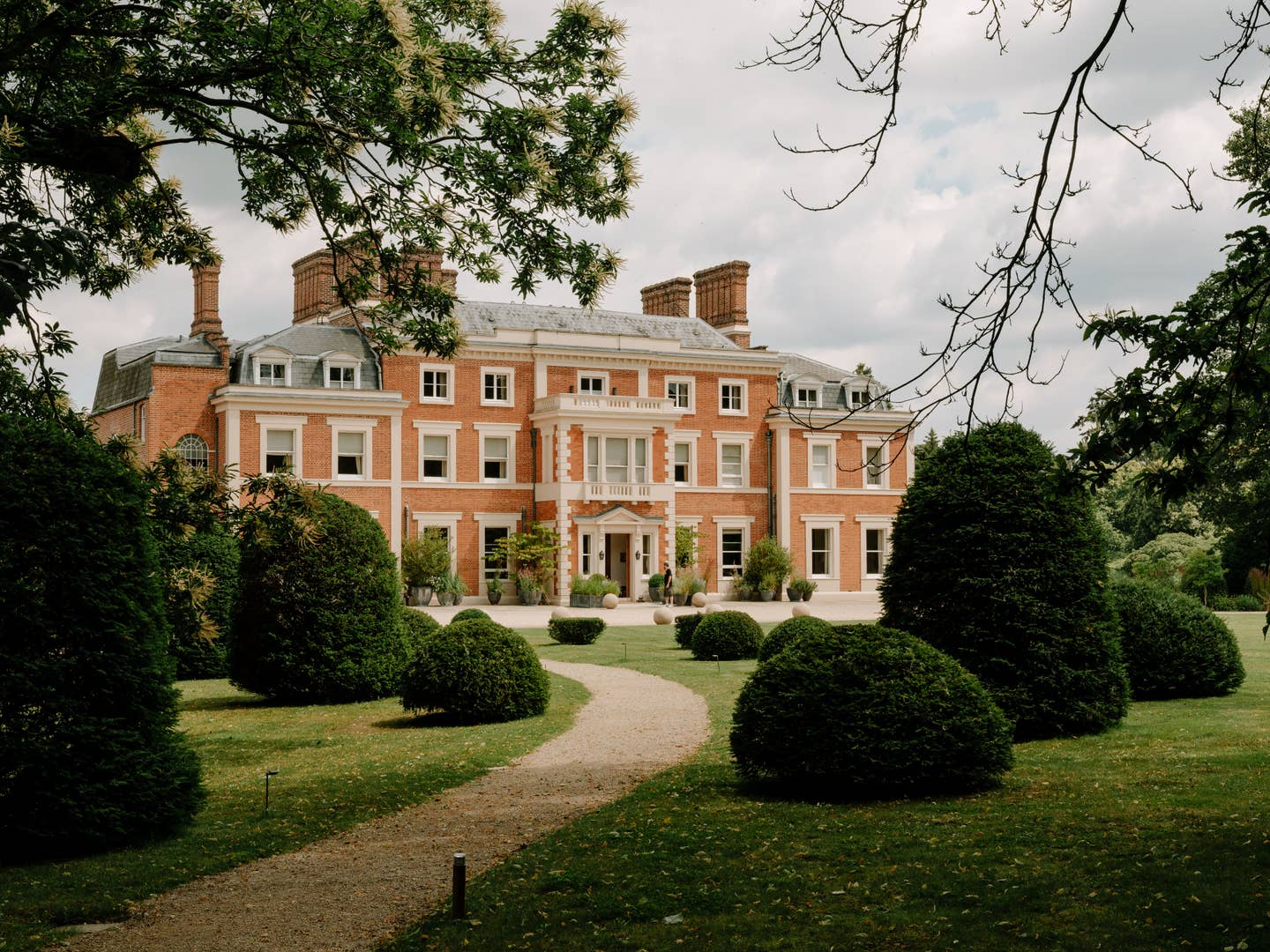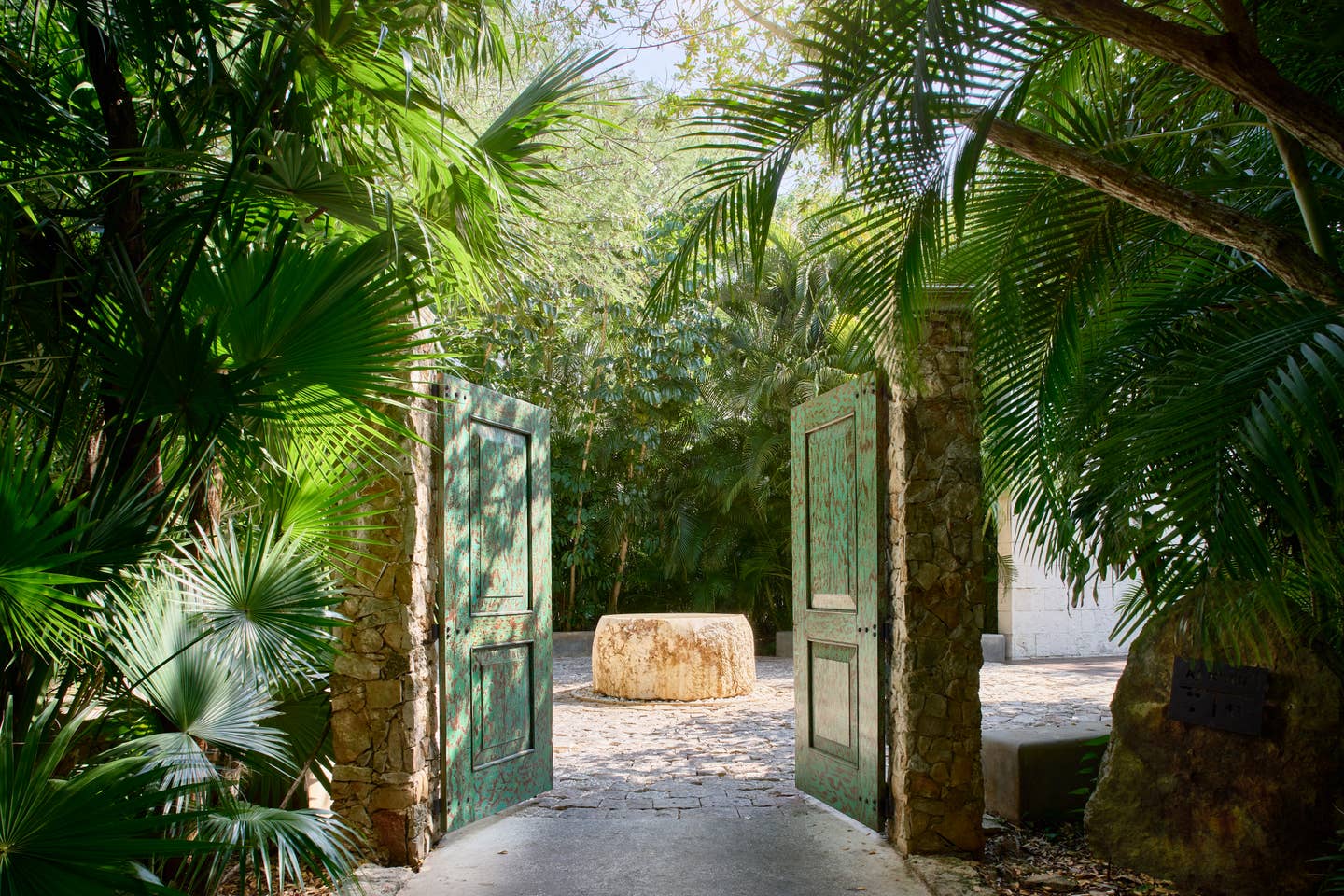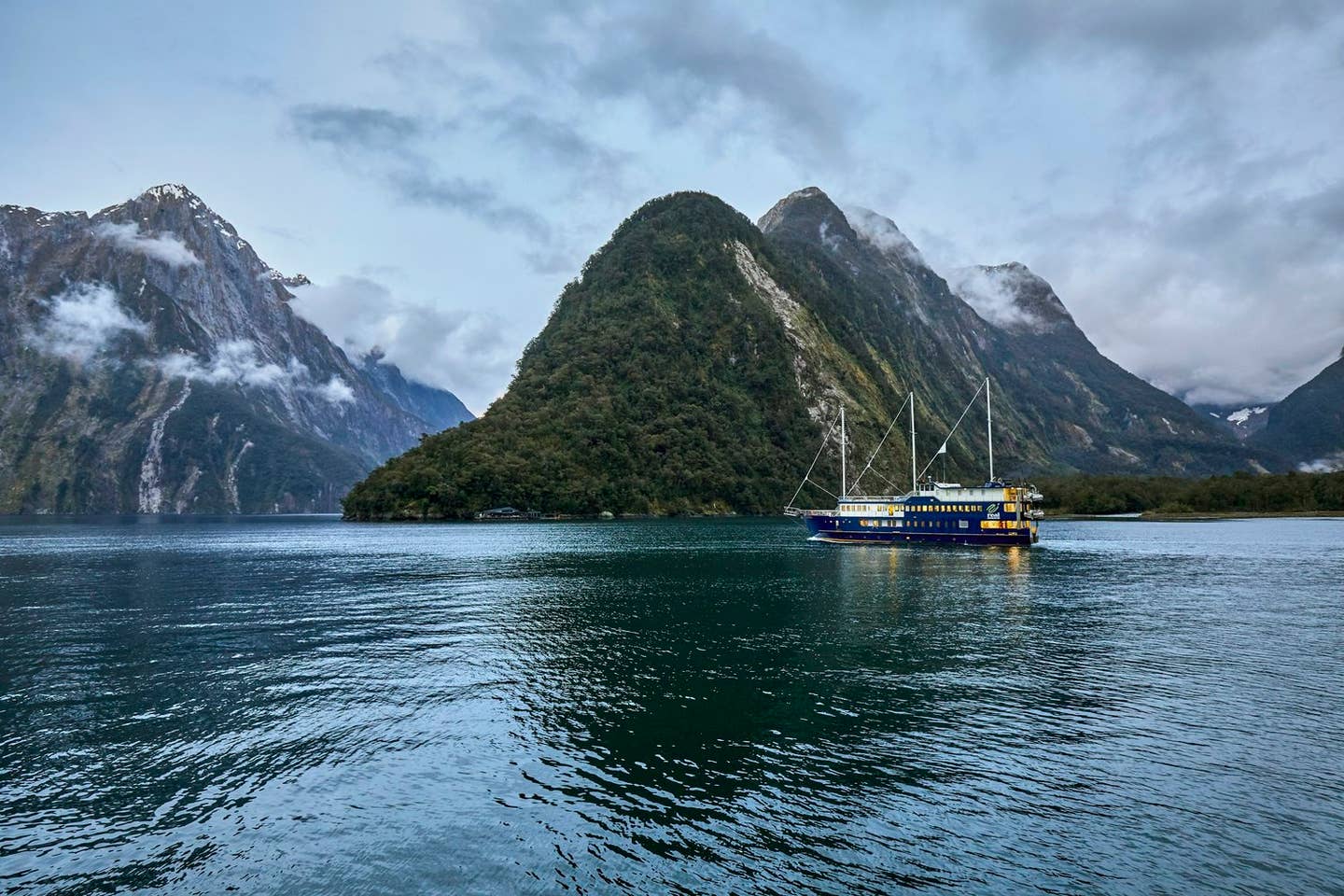Maldivian Magic Hour: A Deserted Island Fantasy Come True
For as long as I can remember, I’ve loved a good sunrise. It’s that feeling of waking up when the world is still calm and quiet—getting to experience the slow whirr of cars making their way to work, to school, everyone starting a new day with endless possibilities on the horizon. In the Maldives, sunrise hits a little bit differently. No news, no cars, no noise—maybe just a boat whizzing by in the distance. This is exactly what I traveled so far to find: peace and quiet.
For as long as I can remember, I’ve loved a good sunrise. It’s that feeling of waking up when the world is still calm and quiet—getting to experience the slow whirr of cars making their way to work, to school, everyone starting a new day with endless possibilities on the horizon. In the Maldives, sunrise hits a little bit differently. No news, no cars, no noise—maybe just a boat whizzing by in the distance. This is exactly what I traveled so far to find: peace and quiet.
After a long day of traveling, we landed in the tiny capital of Malé where we were greeted and whisked away to a private lounge to await our seaplane and have the first glimpse of the Soneva experience—perfect eco-chic style, incense burning, dried kiwi, macarons, and a dozen other snacks at the ready, and impeccable service by every last staff member. The private seaplane took us straight to Soneva Fushi, housed on its own island, as most resorts here are, where we were invited to stay in the most stunning two-bedroom over-water retreat I could have imagined.
The scenery in a place like the Maldives is desktop screensaver-worthy, with its crystal-clear turquoise water and pristine, powdery white-sand beaches. Mornings here are leisurely, to say the least. We hopped on our complimentary bicycles to head over to the breakfast buffet, which includes an entire room of pastries, an entire room of fruit, and seemingly endless globally-inspired eats like dosa, dumplings, eggs, and avocado toast. While I’m talking about food rooms, I can’t forget to mention the 24/7 ice cream room, chocolate room, and ham and cheese room. Let’s just say, the midnight snacking options here are pretty unmatched, and I couldn’t imagine being a kid on vacation with a 24/7 ice cream room.
Days are filled with soul-expanding experiences like snorkeling with Manta rays (an absolute must-do), diving, paddle boarding, beach yoga, spa treatments, and lounging in the privacy of those stunning villas. We had our own pool and a water slide that took us right into warm ocean water. It felt like we were totally alone—a deserted island fantasy come true, but with all the modern necessities and amazing food needed to survive.
These family-friendly resorts are definitely built with variety in mind. We had a different restaurant to try for every meal, each one better than the last. One standout was a pop-up by chef Manu Buffara at Soneva Fushi’s treehouse-inspired restaurant Fresh in the Garden. The dishes were innovative, beautiful, and delicious, with very unique surroundings to boot.
After dinner, we were escorted to the observatory to try to spot Jupiter and Saturn and gaze at the stars with their expert astronomers. Soneva’s newer sister resort, Soneva Jani, even has a star-lit dining experience where tables surround a 16-inch telescope that rises from the ground and an astronomer guides diners through the night sky in between courses. Another standout meal at Soneva Jani was an intimate over-water restaurant where chef Mathias Dahlgren brings his expertise to their iconic Overseas dining concept. I highly suggest making a reservation at sunset and splurging for the tasting menu.
What really intrigued me about the Soneva resorts are their ongoing sustainability efforts. It’s tough for any globetrotter to read that one of the best things we can do to fight global warming is to travel less frequently, and travel closer to home. The travel industry has a handful of eco stars making waves in the world and Soneva is making a huge effort to craft a better future for all of us.
For an island nation like the Maldives, waste is a huge problem. Each of their resorts has its own Waste to Wealth initiative, which outlines an innovative waste management strategy that allows them to continue catering to tourists in the gentlest way possible.
Soneva banned imported bottled water in 2008 and they filter, mineralize, and alkalize their water on-site. They don’t allow plastic on the property, but if guests must bring plastic they simply ask that each person take it with them once they depart. Food left over from the resorts is composted to provide nutritious soil for the islands’ organic herb and vegetable gardens and they harvest litres of coconut oil from their own coconut trees at Soneva Fushi. Used glass bottles and cans are crushed and melted down for use in the glassblowing studio and other areas, and I was impressed by little touches like the handmade wooden door handles and drawer pulls in the villas, as well as many other building materials that were sourced from the island’s trees and recycled items. And this is just the tip of the iceberg.
I was thrilled to end up with unique souvenirs like drinking glasses that we made during our glassblowing lesson and handmade wooden drawer pulls for my kitchen—things that will really get used for a lifetime instead of airport tchotchkes that gather dust on the mantle.
Perhaps most impressive, however, is the ambitious coral restoration project at Soneva Fushi—a partnership between the Soneva Foundation, the Swiss environmental organization Coralive, and the global ecosystem restoration organization Ark2030.
Tourism in the Maldives banks on remaining a diver’s and snorkeler’s paradise, but the Maldivian coral reefs are in serious trouble. This year, they will cultivate a coral farm comprising of 50,000 new corals, which will be used to repair the house reef. Once completed, this coral farm will be one hectare in size—one of the largest coral farms in the world. Their goal is to cultivate one hectare of coral each year at each of their resorts, which is how they believe they can have a meaningful impact.
The philosophy at Soneva is “no news, no shoes”, meaning we removed our shoes when we arrived on the island and kept them off, literally, the entire time (this is in the name of pure relaxation, of course) and almost never heard anything or had a thought about the rest of the world. Yet, the team at Soneva were busy thinking globally, about everyone but themselves, almost every second of the day. These resorts manage to be ultra-luxurious while remaining totally laid back at the same time. Nothing ever felt fussy, but everything felt purposeful. And I was actually able to turn my mind off and find peace, even if just for a week or two.





